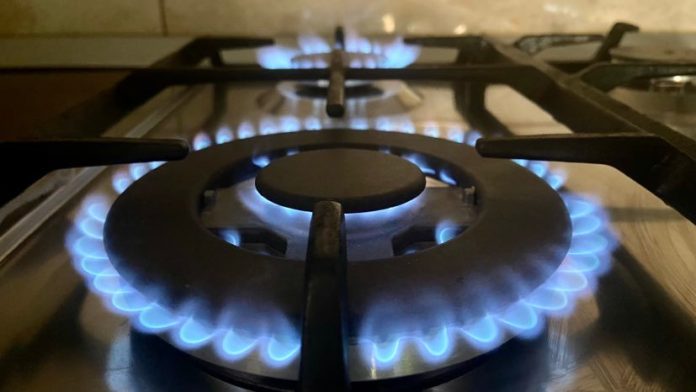Lowering unit costs for service components, high market competition and reducing taxation are the only steps that can bring lower gas prices, says chairman of the Smart Energy Association (AEI) Dumitru Chisalita.
The annual usage rate of the distribution system nationwide is about 10% and is decreasing by the year, especially as a result of boosting new gas networks without a prior market study to show whether there is consumer interest in using natural gas. Thus, these pipes remain partially unused, because the new consumers are not connected to them or it is not a sustainable consumption for investment.
„Thus, the inefficient investments of the last 30 years, boosted or sponsored by various national programmes and the government and increasingly inefficient in recent years, continuously add costs, without creating the premise of new revenues, which leads to an increase in unit costs and implicitly in natural gas tariffs and prices. Added to this are the populist measures of granting ‘free’ to build distribution grids for some consumers to be shared in the bills of all consumers. Stopping the ‘free’ and applying the principle of the direct and exclusive beneficiary of an investment must bear the investment so as not to generate costs for other consumers, while setting efficiency criteria in the grid development plans, and appointing managers and members on the administration boards to avoid socialising costs and secure increasing efficiency, can lead to a drop in unit costs and a decrease in tariffs and implicitly in prices,” Chisaltita is quoted as saying in a press statement released by AEI.
In his opinion, the actions should be aimed at making new investments only if they are covered by a real demand and that support the feasibility of the investment, but also at changing the pricing methodology.
„The decrease in the price of commodity gas from domestic production cannot be achieved at the stroke of a pen, because it generates an immediate impact on investment in new production facilities, which causes production to decrease and imports to increase. Imports for which prices cannot be set at the stroke of a pen and which, in the absence of competition, come with higher prices, i.e. the measure of artificial gas pricing erodes domestic gas production, increases dependence on imports and artificially increases the price of imported gas, which means that analysing the price developments over a longer period of time, things show that the real average prices paid by the consumer are actually higher had consumer protection measure not been applied.”
The AEI chairman adds that the only real method for lowering natural gas tariffs is fierce competition among suppliers, which would permanently bring to the market the lowest possible prices for that moment.
„Regulated prices are naturally higher than free market prices, because they are high enough to cover any risk of suppliers during the regulatory period compared to the developments in the wholesale market, saddling the consumer with all the related risks and costs.”
Chisalita also says that taxation in the natural gas sector in Romania is high, and in recent years it has increased steadily.
„In the name of protecting consumers, the Romanian government has constantly introduced new taxes in the last 15 years and has continuously increased the existing ones, in order to generate more money for the national budget. Low taxation means lower prices.”
AGERPRES




